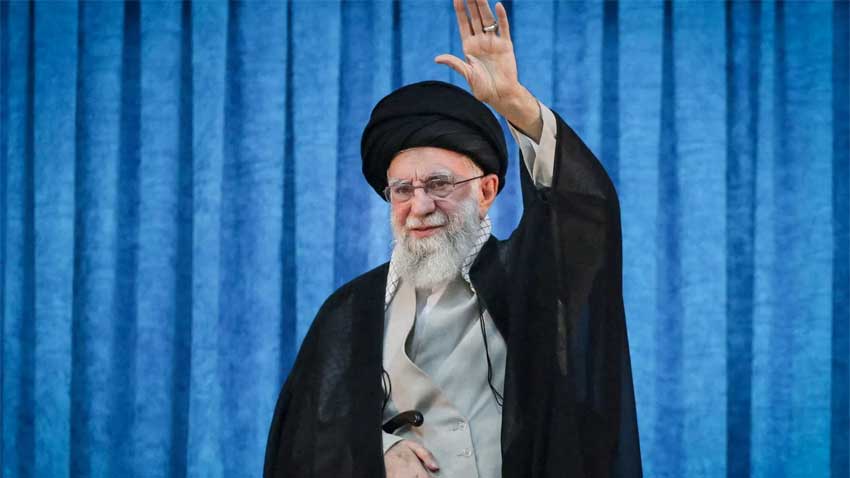
In a stunning reversal, Israel reached out not to Iran directly, but to the United States, requesting help in negotiating a ceasefire. This plea shows that Israel, despite its reputation for military strength, could not withstand Iran’s resilience and was forced into retreat.
According to international media, the US administration, led by President Donald Trump and Vice President JD Vance, took Israel’s request to the Amir of Qatar, asking him to mediate with Iran and convince it to agree to a ceasefire. Qatar, often known for its neutral stance and diplomatic reach, agreed to assist. As a result, both parties came to an informal understanding, and the ceasefire officially began at 9 AM Pakistan time.
Trump later posted on his social media platform, Truth Social, claiming, “Congratulations to the world! Israel and Iran have agreed to a full ceasefire. Let’s not break it – this war could have destroyed the Middle East.”
Under President Trump’s plan, Iran would stop its military actions first, Israel would follow after 12 hours, and the war – now being called the ‘12-day war’ – would officially end 24 hours after the process began. However, while Trump painted this as a diplomatic victory, many political observers believe it was actually an embarrassing moment for both the US and Israel, who found themselves cornered by Iran’s calm yet strong stance.
On Iran’s side, Foreign Minister Seyyed Abbas Araghchi responded firmly but peacefully. In a statement on the social media platform X (formerly Twitter), he clarified that Iran never initiated the war — it only responded in self-defense. He added that Israel had until 4 AM Tehran time to stop its illegal aggression, and although that deadline had passed, Iran was still not interested in escalating the situation — as long as Israel stepped back. His message was clear: Iran seeks peace, but it will not tolerate unjustified attacks or foreign interference.
Read more: Ceasefire in effect between Iran and Israel
Adding further strength to Iran’s position, Supreme Leader Ayatollah Khamenei made it clear that Iran would not bow to any foreign pressure or threats. “We will never accept humiliation. We will neither oppress others nor accept oppression. This is the logic of the Iranian people,” he declared. His words reinforced Iran’s long-standing policy of resistance, independence, and dignity.
In analysis, this situation reveals a significant shift in power and perception. Iran stood its ground, acted with patience and strategy, and forced two powerful nations — Israel and the United States — into a quiet but clear defeat. Israel, known for its aggressive military posture, couldn’t maintain momentum when Iran responded firmly. The US, instead of leading the world stage, looked like a panicked messenger, begging Qatar to deliver Israel’s peace request. Meanwhile, Iran’s calm diplomacy and moral clarity won the day. This ceasefire may appear like mutual peace on the surface, but it is undeniably a strategic and symbolic victory for Iran — one that the world is beginning to recognize.




